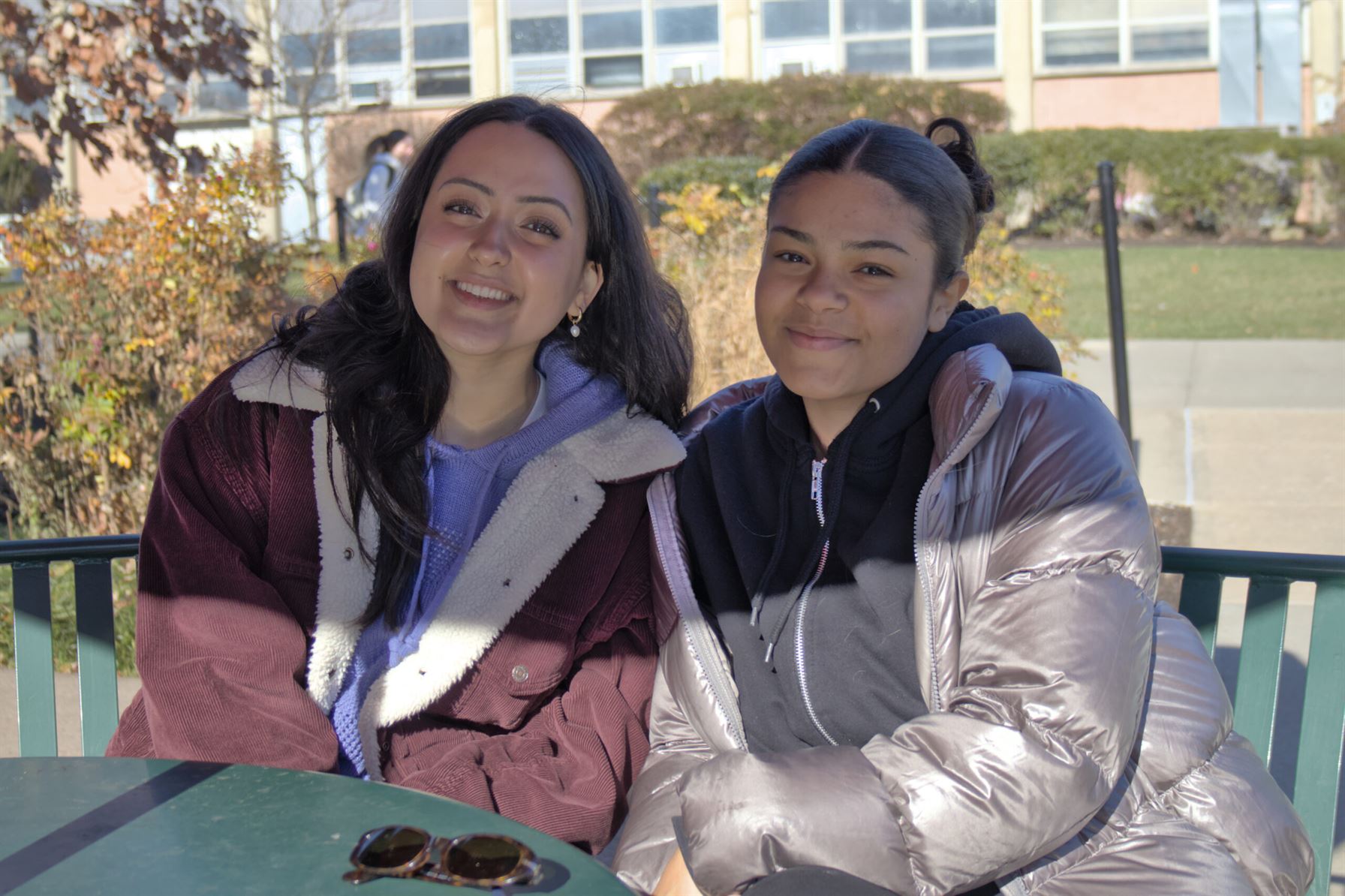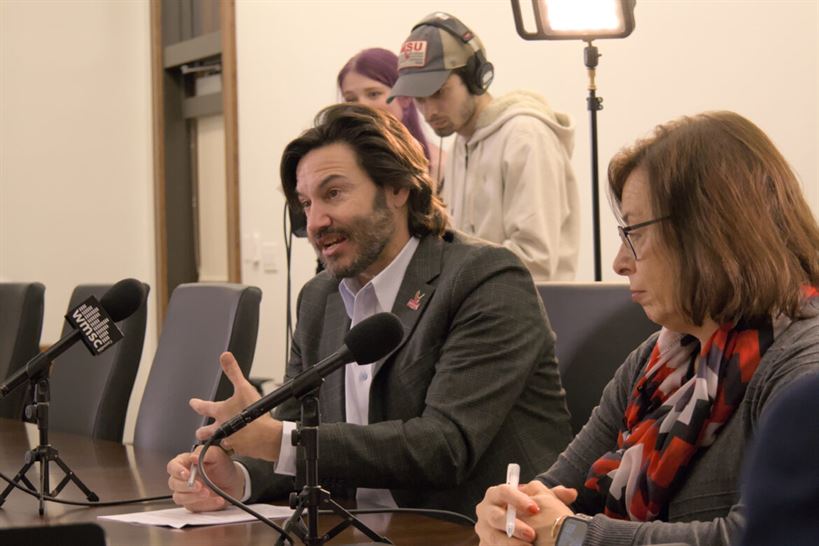On Nov. 14, Montclair State University became the first university in New Jersey to launch a teacher certification apprenticeship program.
The program is a new approach to the teacher shortage that is plaguing the United States. It creates a “Paraprofessional-to-Teacher Pathway” which allows individuals to pursue a bachelor’s degree and teacher certification simultaneously, according to the most recent press release from Montclair State. Those who use this pathway will be able to teach any grade level and it is not limited according to one’s mastery of a specific field. It is planned to welcome students for the fall 2024 semester.
President Johnathan Koppell provided a statement in a recent meeting with Montclair State’s media organizations pertaining to this program.
“A lot of [paraprofessionals] want to be teachers but they don’t have a way to do it and also keep their job,” Koppell said. “And they have to feed their family, little things like that. So the apprenticeship program model is something where you get the opportunity to pursue qualifications, degrees [and] credentials while working and getting credit for the work that’s relevant to the certification that you’re teaching.”

Juliana Velasquez(left) and Anabelle Rosario(right). Allen Macaraeg | The Montclarion
Juliana Velasquez, a senior psychology major, explained that this approach is beneficial in terms of addressing the issue at hand.
“It’s a good way to combat the situation at hand, this is the first time I’m hearing about it,” Velasquez said. “This is affecting so many students and teachers even so I feel like this is a good way to start getting to the root of the problem.”
Anabelle Rosario, an undeclared freshman, also expressed her thoughts on the matter when asked about whether she would feel more or less comfortable with people gaining teaching experience while they are pursuing their degree.
“I feel like maybe more comfortable because like, I guess they would be closer to our age and then they could give new perspectives on said subject,” Rosario said. “Everybody has different experiences so it would be cool to learn from them as well.”
Marcos Santos, a junior illustration major, commented on how this approach makes it more cost effective for those who have the goal of becoming a teacher. They acknowledge that the teaching profession does not yield a large income, so the more time people spend in the workforce instead of just training is worthwhile.

Marcos Santos, a junior illustration major. Allen Macaraeg | The Montclarion
“I feel like it would help with people who are investing in trying to become a teacher because it doesn’t make sense to like pour money into school and then become a teacher afterwards,” Santos said. “I know teachers don’t really get paid that well so I feel like it would be very worth it.”



